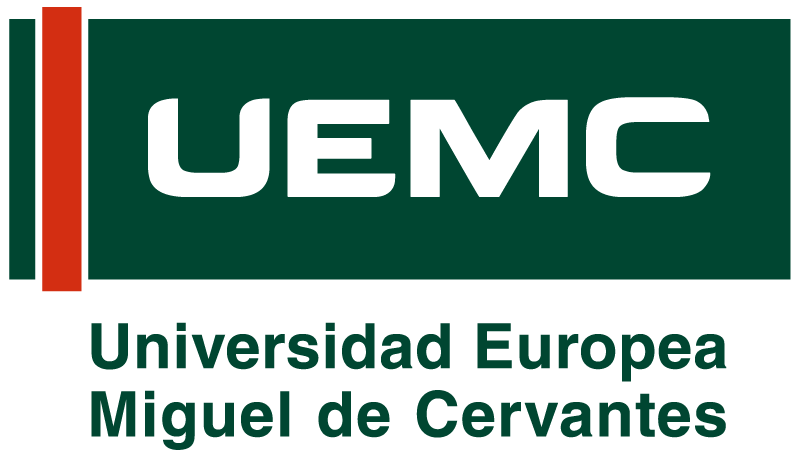By Renata Goulart
“Weekend breaks on a budget to…” Google search. This is how my inner conduct war begins. My thoughts grow loud and fast, and suddenly I’m arguing with myself again: How can you talk so much about regenerative, conscious tourism and still search for cheap, quick trips? Are you a fraud?” I’m passionate about turning tourism into a force for good — slow, conscious, purpose-driven, legacy, regenerative tourism. However, I feel the contradiction. The truth is that I don’t always have the time or resources to travel however I’d like. And I know I’m not alone.
How can we discuss all this if the average annual paid leave by country worldwide is 18 days? In 2020, Pew Research showed that 17% of the global population had a middle income. The majority, 51%, were low-income, and 10% lived in poverty. Only 15% were considered upper-middle-income, and 7% were high-income.

In a world where clean water is still a struggle for many, travel is a luxury. Yet, more people than ever are striving to travel, whether chasing TikTok trends, searching for growth, or simply satisfying their wanderlust. Social media fuels the desire. Globalization creates opportunity. However, limited time and tight budgets remain a harsh reality.
As expatriates, every paid leave day counts for us to visit our families. However, when you have a journey that costs lots of money and can take more than a day to get to your home country, we want to enjoy all the time we have, probably using every day we’re entitled to. So we use all our paid leave to see your relatives, and now we must spend the rest of the year locked at home? I don’t see this as an option. Still, you may think this is a problem of only 3,7% of the world’s total population, despite that, don’t you think that 18 days is not that much if we want to create a more meaningful, conscious, and slow kind of travel?
These inspiring ideas, such as slow, conscious, and meaningful travel, tend to circulate in a particular bubble: people with time, money, or location independence. If we want travel to become more inclusive, we must shift the conversation from individual choices to collective conditions. We need to talk about structures and how companies, governments, and schools shape the way we travel.
Too often, companies adopt remote work policies in name only, tethering employees to their home offices without offering true flexibility. What if we encouraged employees to work from different locations, take extended breaks, or even go on
sabbaticals to volunteer or explore, not just as a perk but as part of their well-being? States could lead by example. Imagine public workers being granted flexible leave or supported to travel as a form of cultural education. Travel isn’t just a privilege; it builds empathy, perspective, and connection.
And then there’s school. If you’re a parent, you’ve probably faced the frustration of being tied to the school calendar, when prices are highest and options are limited. What if we saw travel as a powerful, off-grid learning experience for kids and gave families more flexibility to take advantage of those opportunities?
The point here is not to bring up all the conflicting situations and their possible solutions; despite that, it is to point out that many travelers, like me, see themselves at a crossroads. We understand travel’s mental, emotional, and social value, but the way the industry markets “conscious travel” often feels out of reach for regular people.
As travelers, we need to recognize that we do have the power to create the changes we want to see. Whether these changes are small or large, we decide our destinations, how we spend our money, and where we choose to eat and sleep. This is our opportunity to make a difference: we can support local businesses, avoid large hotel chains, and shop at neighborhood stores. It doesn’t have to be perfect; it just needs to be what you can do. Just because we can’t create our ideal scenario today doesn’t mean we stop striving for a better future: small changes, different destinations, one conversation, one bite at a time.
I’m still learning to be gentler with myself. I’m not letting that voice in my head convince me I’m a fraud. If being a normal person, unemployed, with a below-average bank account, and a heart full of curiosity, makes me a contradiction, then so be it. But I’m not giving up. Because I believe that conscious travel isn’t just for the privileged, and it doesn’t have to be big or far to be meaningful.
This article is part of the practical work carried out by the students of the Master’s in Travel Journalism.

